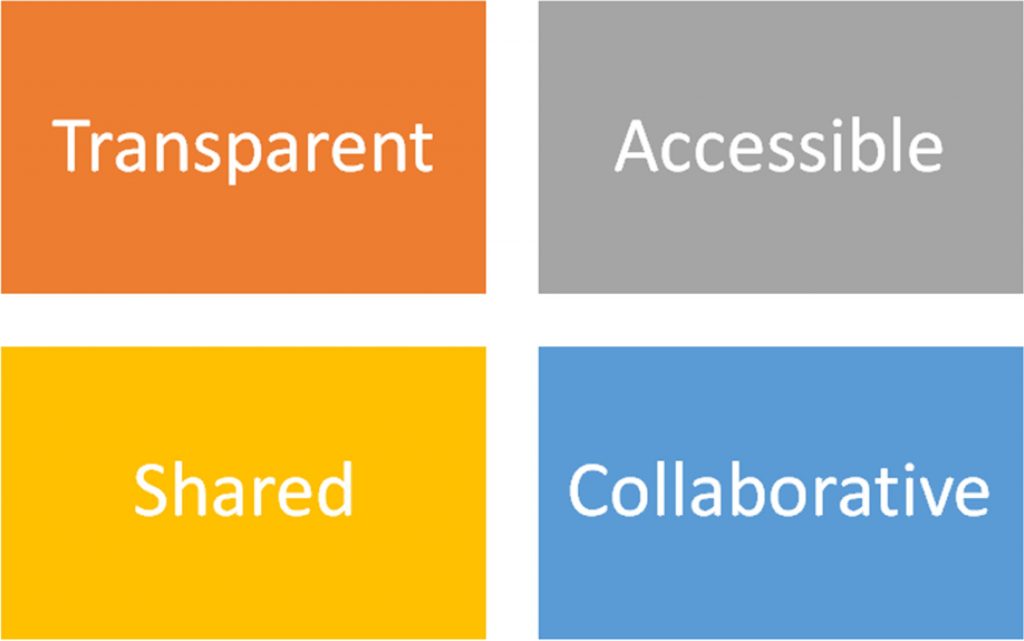International Journal of Cardiovascular Sciences. 06/maio/2019;32(3):203-4.
Open Science, Cardiology and 20 years of SciELO (Scientific Electronic Library Online)
DOI: 10.5935/2359-4802.20190036
The SciELO 20 Years Conference, held from September 24 to 28, 2018, in São Paulo, was remarkable in many ways, as it represented the recognition of one of the most important scientific initiatives in Latin America and a focal point for the latest innovations in scientific thinking these days. The focus of the meeting was “Open Science,” which is the practice of science that allows collaboration and contribution among researchers, where research data, laboratory observations and other research processes are available free of charge, under terms that allow the reuse, redistribution and reproduction of research and its underlying data and methods. In the past, Open Science consisted in efforts to offer open access to articles in view of the increasing journal subscription costs charged by the publishers, but the movement quickly condensed several democratizing initiatives of knowledge. This innovative and disruptive way of understanding the very meaning of science has been recently analyzed by Vicente-Saez and Martinez-Fuentes, who concluded that the best definition for Open Science is transparent and accessible knowledge that is shared and developed through collaborative networks (). Current trends in Open Science were addressed at the SciELO 20 Years Conference and are in line with the path mapped out for the journals of the Brazilian Society of Cardiology, such as: open codes, open data, open access to articles, alternative systems for assessing the impact of publications (social impact factor), open data sheets, open laboratory notes, science blogs, collaborative references, citizen science, online data repositories, open peer reviews and access to the manuscripts before they are peer-reviewed (preprints).
[…]
433

